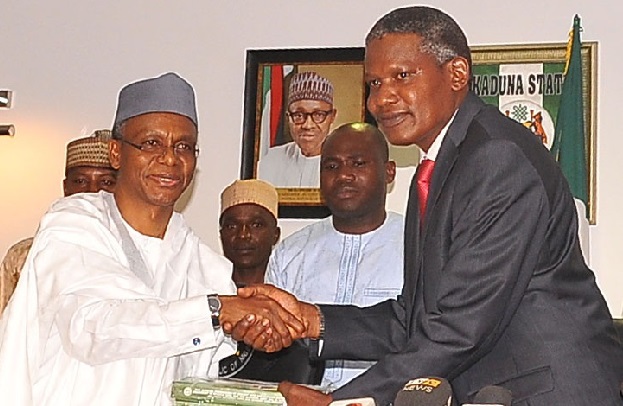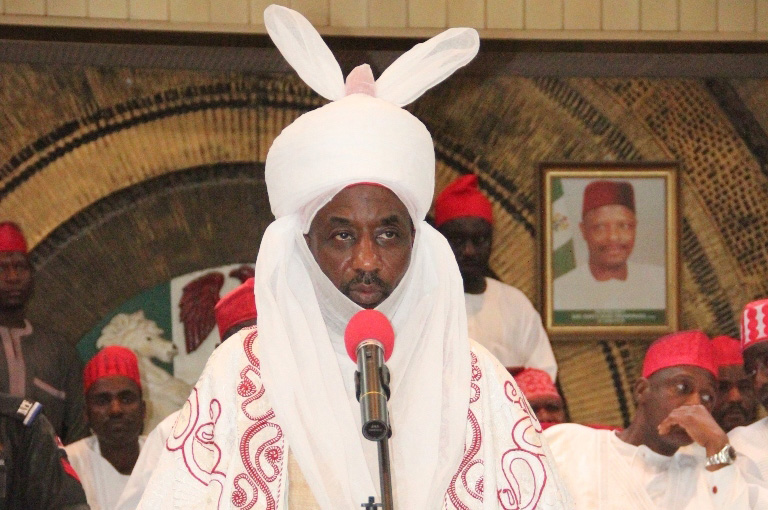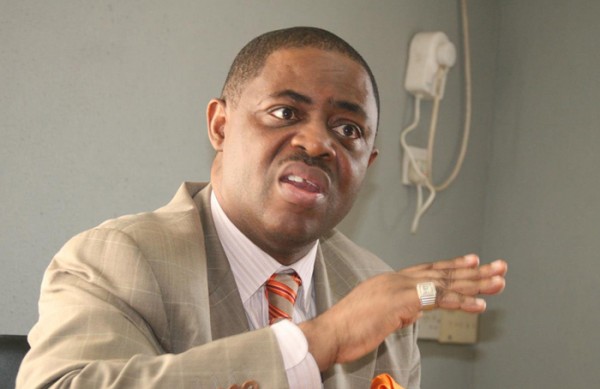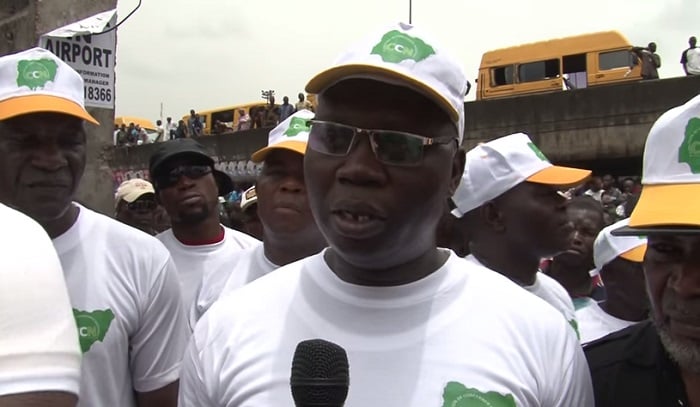Nasir el-Rufai, governor of Laduna state, was on Friday presented with the report of the judicial commission of inquiry set up by the state to investigate the December 12-14 Zaria clashes between the Nigerian army and the Islamic Movement in Nigeria (IMN), otherwise known as the Shi’ia sect.
Submitting the report, Mohammed Lawal Garba, a justice and chairman of the commission, said the work of the commission was delayed by the refusal of the sect to appear before the panel.
“We started our first public sitting in February 2015, about three or four weeks after the inauguration because of our pledge to provide adequate a reasonable opportunity that is fair and just particularly to parties that are directly involved in the incident,” he said.
“They (IMN) had appeared; they were represented by a counsel at the initial stage of the proceedings, but for no reason known to the commission, the counsel decided to opt out.
Advertisement
“I said for no reason known to the commission because there was no formal communication to the commission on why they decided not to continue their appearance before the commission.
“However, there were newspapers and online publications that they did not want to appear. Because of that, we had to apply for extension of time and at the end of the day we have been able to produce a report of the commission’s assignment.”
He commended the contributions of members of the public within and outside Kaduna state, “some of who did not only send memos to the commission but also travelled in order to appear before the commission”.
Advertisement
Garba disclosed that more than 3,500 memos were received during the proceedings, adding that the memos were compiled and annexed to the report.
Accepting the report, el-Rufai thanked members of the panel and assured them that the report would be diligently studied.
“The appropriate White Paper conveying government decisions on the recommendations of the inquiry will be issued promptly and the necessary follow-up action taken,” he said.
“Kaduna state has suffered from ethno-religious crises in the past three decades, so the report will go a long way in addressing the problems.”
Advertisement
Members of the Shi’ia sect clashed with the army between December 12 and 14, 2015, leading to the killing of many people and the arrest of the leaders of the IMN, Ibrahim Zakzaky and his wife, who are currently in detention.
Several members of the sect were also arrested and are being prosecuted.
Add a comment






